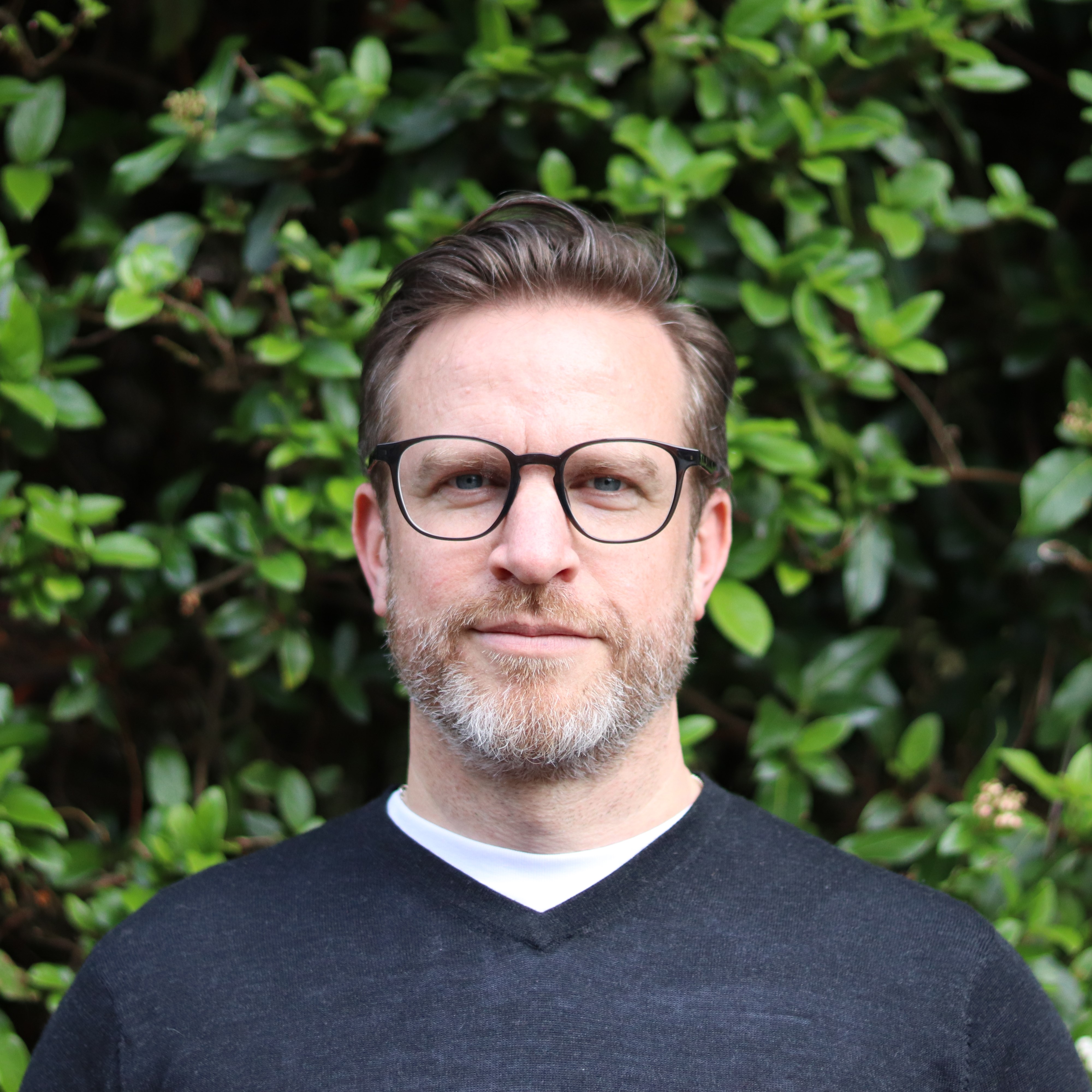Rufus Grantham: Unlock transformation through a collective approach to funding retrofit

Rufus Grantham
Affordable, scalable retrofit can be achieved in a way that gives financial power to communities and transforms them for the better according to Rufus Grantham, co-founder at not-for-profit community interest corporation Living Places.
Writing ahead of BE-ST Fest, a two-day industry summit taking place this week focused on zero carbon construction and organised by Built Environment – Smarter Transformation (BE-ST), Mr Grantham argues that our current approach to retrofit isn’t going to achieve the scale of retrofit we need and misses a huge opportunity to deliver benefits beyond those that the current approach to retrofit can bring.
Attendees at the first day of the BE-ST Fest Summit will hear Rufus explain Living Places’ vision to unlock transformational social, economic, and environmental change through place-based decarbonisation. This means moving away from traditional approaches that put the onus on the individual to research, fund and deliver a retrofit project toward a more collective solution.
Mr Grantham said: “If you look at the current approach to retrofit, it’s all about the individual. It tends to be focused on individual properties and funded by individual mortgages, with grants often focused on individual technologies.
“When we talk about tenure types, we have a separate conversation about each. One about owner-occupiers, one about private rental, another about social housing and so on. But the reality is when you walk down the street the world isn’t ordered that way. You don’t walk down a street of rental houses and then a street of owner-occupied flats, it’s all mixed up.
“The reason we’re not getting anywhere with retrofit is because we’re wasting a lot of time, money, and energy on an approach that isn’t going to work for most of the community. In the middle of a cost-of-living crisis, expecting the majority to finance a retrofit project where they have to foot the bill and the mortgage repayments will be much bigger than the energy bill reduction, is unrealistic.
“Living Places has been developing a collective neighbourhood scheme which building occupiers sign-up for. This approach allows a professional design team to come in and design renovation solutions collectively and scope shared assets such as renewable energy generation. It allows retrofit to be delivered at a neighbourhood scale while reducing costs.
“To finance this, our model proposes a ‘pay as you save’ mechanism, where the members of the scheme wouldn’t need to pay any money upfront but would pay off the retrofit monthly instead which would still leave them better off each month.
“To get upfront investment, we would go to a pension fund and sell this stream of income coming from the collective over time. We will also need the government to invest in the upfront costs in a blended finance structure.
“All of this not only reduces the cost of retrofit, but it also removes the need for everyone to become a retrofit expert to improve the efficiency of the building they occupy. Think of it like a ‘one-stop-shop’ with a budget, operating at a neighbourhood scale.
“We can then put the savings we make back into the community and look for where we could invest to bring about wider regeneration - this could be anything from a bike shed to green spaces to upgrading a community space. So, the programme delivers jobs, economic growth, improved health outcomes and a host of other public benefits too.
“Our approach is about so much more than a technical retrofit and decarbonisation of the built environment. It’s about giving financial power to communities and transforming their homes and communities for the better.”
Mr Grantham will be exploring this model and its wide reaching environmental, financial, and social benefits during his keynote speech at the BE-ST Fest Summit alongside other speakers including Cabinet Secretary for Just Transition and Net Zero Mairi McAllan and industry leaders and disrupters like Dark Matter Lab’s Indy Johar.
BE-ST Fest is the culmination of a month-long festival of the sustainable built environment, bringing together hundreds of professionals in construction and related sectors to showcase best practice and highlight emerging opportunities.





















